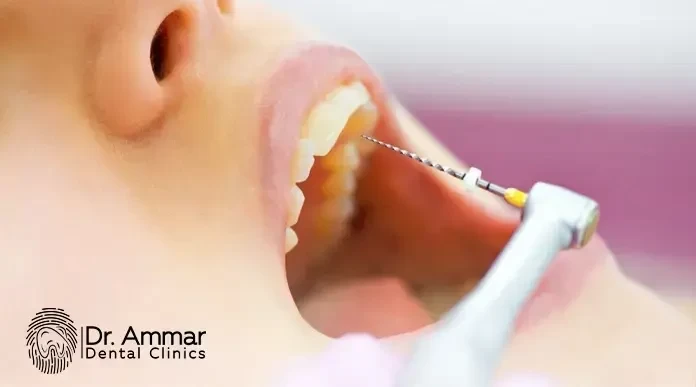Root Canal Treatment
Experiencing a toothache can be painful, and when your dentist mentions the possibility of a root canal, it's natural to feel apprehensive. However, understanding the procedure can eliminate much of that anxiety. This comprehensive guide delves into what a root canal entails, its benefits, potential risks, and what to expect before, during, and after the treatment.
What Is a Root Canal?
A root canal is a dental procedure designed to treat infection at the center of a tooth (the root canal system). It involves removing the damaged or infected pulp, cleaning and disinfecting the inside of the tooth, and then filling and sealing it. This treatment can save a tooth that might otherwise need to be removed.
Why Is a Root Canal Necessary?
Root canal therapy becomes necessary when the pulp becomes inflamed or infected due to deep decay, repeated dental procedures on the tooth, or a crack or chip in the tooth. Without treatment, the tissue surrounding the tooth can become infected and abscesses may form .
Signs You Might Need a Root Canal
Common symptoms indicating the need for a root canal include:
-
Persistent tooth pain or sensitivity
-
Swollen or tender gums
-
Pimples on the gums
-
Deep decay or darkening of the gums
-
Cracked or chipped tooth
If you experience any of these symptoms, it's essential to consult your dentist promptly.
The Root Canal Procedure: Step-by-Step
1. Diagnosis and Preparation
Before the procedure, your dentist will take X-rays to assess the extent of the infection and determine the best approach for treatment. Local anesthesia is administered to numb the area, ensuring a painless experience.
2. Removing the Infected Pulp
An opening is made in the crown of the tooth to access the pulp chamber. The infected or damaged pulp is carefully removed using specialized instruments.
3. Cleaning and Shaping the Canals
The empty pulp chamber and root canals are cleaned and shaped to remove any remaining bacteria and debris. This step is crucial for preventing future infections.
4. Filling the Canals
After cleaning, the space is filled with a biocompatible material, typically gutta-percha, to seal the canals and prevent bacteria from entering.
5. Sealing and Restoration
A temporary filling is placed to close the opening. In most cases, a crown is recommended to restore the tooth's function and appearance. A follow-up visit is scheduled to place the permanent crown.
Benefits of Root Canal Treatment
-
Pain Relief: The procedure alleviates the severe pain caused by infected pulp.
-
Tooth Preservation: It allows you to keep your natural tooth, avoiding the need for extraction.
-
Prevents Spread of Infection: Treating the infection prevents it from spreading to other teeth.
-
Restores Function: After treatment, the tooth can function like any other healthy tooth.
Risks and Considerations
While root canal treatments are generally safe, potential risks include:
-
Infection: If bacteria remain in the tooth, an infection can recur.
-
Tooth Fracture: The treated tooth may become brittle and more prone to breaking.
-
Allergic Reactions: Some individuals may have allergic reactions to the materials used.
Discussing these risks with your dentist can help you make an informed decision.
Recovery and Aftercare
Post-procedure care is vital for a successful recovery:
-
Pain Management: Over-the-counter pain relievers can help manage discomfort.
-
Dietary Adjustments: Avoid hard or chewy foods until the tooth is fully restored.
-
Oral Hygiene: Continue brushing and flossing, but be gentle around the treated area.
-
Follow-Up Visits: Attend all scheduled appointments to ensure proper healing.
When to Seek Emergency Care
Contact your dentist immediately if you experience:
-
Severe pain that doesn't subside with medication
-
Swelling or pus around the treated tooth
-
A loose crown or filling
-
Persistent discomfort despite following aftercare instructions
Root canal treatment is a safe and effective way to save a damaged or infected tooth. With the expertise and advanced techniques at Dr. Ammar Dental Clinics, you can expect precise, comfortable, and successful treatment tailored to your needs. By trusting our team and following professional aftercare instructions, you ensure a smooth recovery and long-term oral health.
Book your appointment today at Dr. Ammar Dental Clinics and take the first step toward protecting your smile with expert care.

